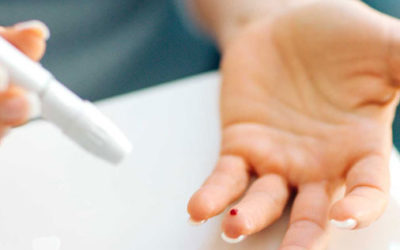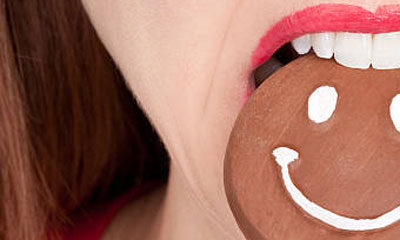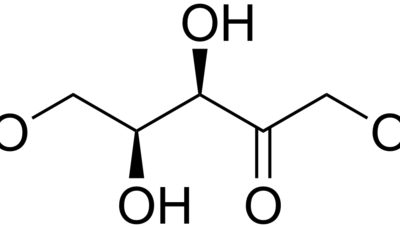What is Dry Mouth and What Causes It?
Dry mouth is caused by the salivary glands in the mouth not performing properly, or, more commonly, by mouth breathing secondary to nasal congestion. Poor salivation can be caused by medications, cancer treatments, certain autoimmune disorders, smoking and methamphetamine use. Dry mouth can be a short-term issue, or it can be a long-term problem that requires dry mouth products to treat.
How You Can Relieve Dry Mouth
Chewing sugar-free gum is one of the easiest ways to relieve dry mouth, and it has immediate results. This is because chewing gum helps stimulate the flow of saliva. Choosing a gum that contains xylitol can help even further, because xylitol naturally helps increase salivation.
Avoid mouthwashes that contain alcohol. Alcohol is known to be drying. You can also find mouthwashes that contain xylitol, to add additional salivation help.
You can also try products that are specifically designed to help with dry mouth, including sprays and gels. Just like with the gum and mouthwash, you’ll want a product that contains xylitol to help increase salivation. Xylitol will also help fight against cavity causing bacteria, meaning you wont just be helping your dry mouth, you’ll be helping your oral health.
Since dry mouth is often caused by medications, even some over the counter ones, you’ll want to change the products you are using, if you can. For instance, many nasal decongestants are drying, and since we know our nasal passageways connect to our mouths it’s important to keep that area hydrated and moisturized as well. A saline nasal spray can be drying, but a saline nasal spray with xylitol can help cleanse as well as moisturize the nasal passages.
Used regularly a xylitol nasal spray is the best way to keep the nose clear so that mouth breathing is possible. The causes of congestion are allergies, dry air that handicaps our normal cleaning processes, and the use of cold medications that further dry the nasal passages. See our post on antihistamines for more on this. Some dental hygienists, who know the importance of mouth breathing to prevent orthodontic problems, even suggest taping the mouth shut at night with hypoallergenic tape.
Last, but definitely not least, stay hydrated! Sip water throughout the day to help keep your body hydrated and your mouth full of moisture.
Visit our xylitol products page to find products that can help relieve dry mouth.
Related Articles
Indoor air pollution solutions
Breathing Easy Indoors By Jane Wooley. Think pollution is all about filthy air outdoors? You’d be wrong. In recent years, more and more scientific evidence has shown that it’s actually the air inside our homes and buildings that are the most seriously polluted....
Keep your Nose Clean
by Jane Sandwood Every day you breathe up to 30,000 times. Now imagine you’re breathing in polluted air. When we think of toxins in the air, we immediately think of our lung health. But your nose is the first organ that has to deal with polluted, harmful air. Even...
What is Xylitol?
What is xylitol? Well it is pretty amazing, if we do say so ourselves. It is an alternative sweetener that has been popular in food products since the 1960s. On top of being a sweetener, it has shown to have a significant reduction in cavities when used...
Is Xylitol Good for Diabetics?
Let’s first talk about what xylitol is. Xylitol is a sugar alcohol. The suffix “itol” is how you can most often identify a sugar alcohol. Ironically, sugar alcohols are neither sugar nor alcohol. They are basically water-soluble solids found in plants and...
Prevent Tooth Decay with Sweets
Did you know your sweet tooth could actually make your dentist happy? And we don’t mean because you’ll be paying them to fix your cavities, we mean, you could stop having cavities. It’s true; a sweetener can be the answer to your dental health problems. Xylitol is a...
What is Pentosuria and How Does it Relate to Xylitol?
What is pentosuria? It sounds a bit daunting doesn’t it? There’s not a lot of information out there about pentosuria, and it can often go overlooked or misdiagnosed. So we thought it would be good to take a quick minute and explain what...










